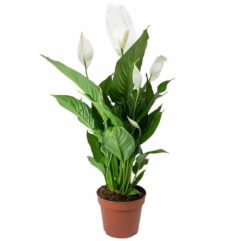Buy fertilizer for plants here https://bonsaiplantsnursery.com/produ… How to Make Homemade Fertilizer for Flowers and Fruit Plants What is Organic Fertilizer? Organic fertilizers comprise a variety of plant-derived materials that range from fresh or dried plant material to animal manures and litters to agricultural by-products 7 Best Homemade Fertilizer for Flowers and Fruit Plants Grass Clippings If you have an organic lawn or rake, make sure to collect your grass clippings to use on your gardens. Half an inch to an inch of grass clippings makes a great weed-blocking mulch, and it is also rich in nitrogen, which is an essential nutrient for most plants. Manure Manure comes from a variety of sources — cows, horses, chickens, and even bats. Each type of manure is high in nitrogen and other nutrients, but you’ll need to use it carefully. Raw manure is highly acidic and may actually have more nutrients than your plants need, so too much can burn your plants. It’s best to use composted manure. Coffee Grounds Coffee grounds come with a lot of uses, but one of their best is as a fertilizer. Lots of plants, such as blueberries, rhododendron, roses, and tomatoes, thrive best in acidic soil. Recycle your coffee grounds to help acidify your soil. Eggshells Egg shells are something else that you probably have tons of throughout the week and typically just throw out. The shells contain a lot of calcium which helps with cellular growth in your plants. Calcium deficient soil can lead to blossom end rot on tomatoes and various other garden catastrophes. This egg shell fertilizer will help to end that. Just crush up used egg shells and then bury them in the soil. Banana Peels We eat bananas for their potassium, and roses love potassium too. Simply bury peels in a hole alongside the rose bush so they can compost naturally. As the rose grows, bury the peels into the soil’s top layer. Fireplace Ash Fertilizer Fireplace ash provides calcium carbonate and potassium to plants. All you need to do is add the ash to the garden bed and then massage it into the soil. It may be best to do this right before planting so that you don’t risk knocking your plants over or harming them while massing the ash into the soil. Onion Skin Fertilizer Don’t throw away the onion skins, use them to create organic potassium-rich fertilizer for all your plants growing indoors or outdoors. Using it will increase their disease resistance, growth, strong stems, and productivity. Use the leftover onion skins for mulching. The dry peels will decompose soon and enrich your soil with potassium and calcium.
-
 test productSale!
test productSale!Rs.10.00Rs.1.00 -
 Spathiphyllum or spath or peace lilies Live PlantSale!
Spathiphyllum or spath or peace lilies Live PlantSale!Rs.1,000.00Rs.850.00 -
 Thai all season grafted mango plant for pot and gardenSale!
Thai all season grafted mango plant for pot and gardenSale!Rs.2,250.00Rs.1,750.00
Article Sources: https://www.sciencedirect.com/topics/agricultural-and-biological-sciences/organic-fertilizer
https://www.farmersalmanac.com/8-homemade-garden-fertilizers-24258
https://www.farmersalmanac.com/8-homemade-garden-fertilizers-24258
